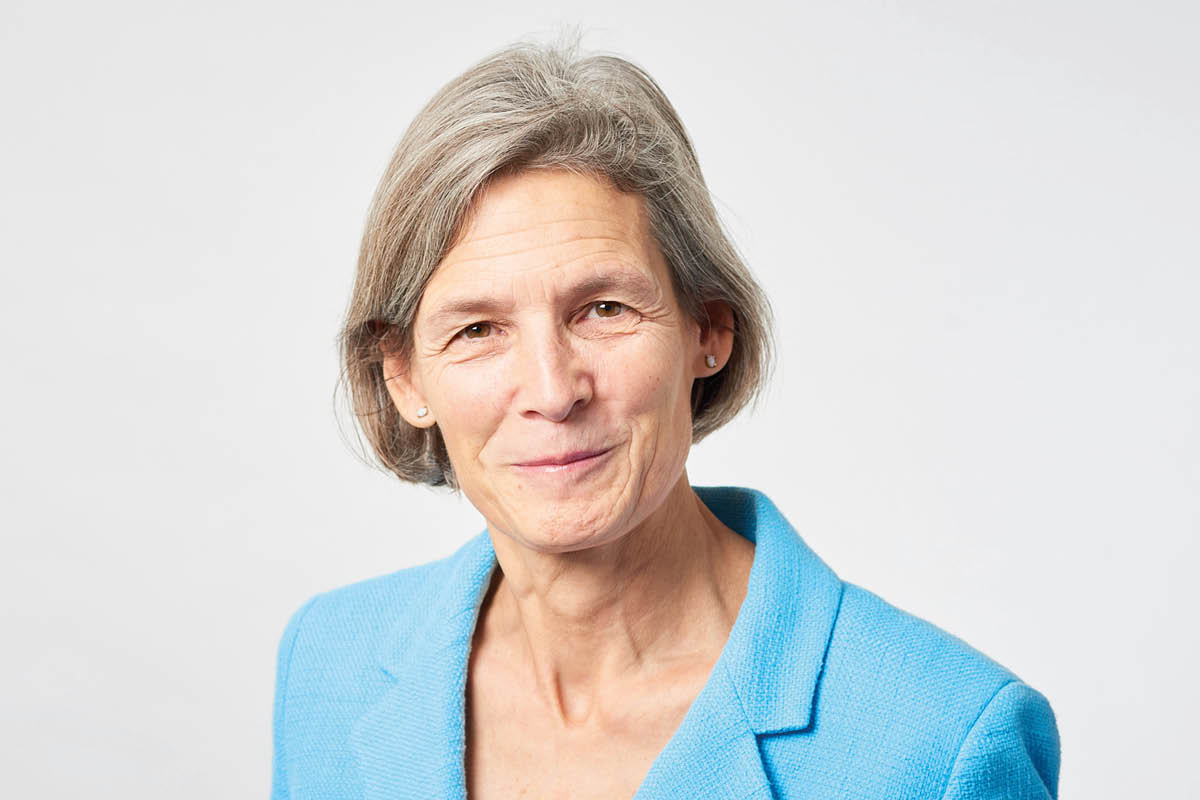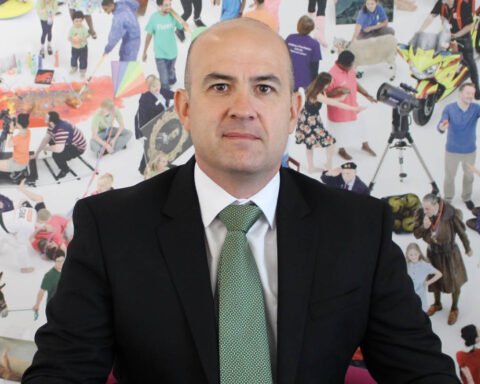Anna van der Gaag CBE, Chair of the Advisory board for safer gambling (ABSG) reflects on the need for listening, learning and acting when it comes to tackling gambling harms.
Evidence-based medicine, whose philosophical origins extend back to mid-19th century Paris and earlier, is the conscientious, explicit and judicious use of current best evidence in making decisions about the care of individual patients. The practice of evidence-based medicine means integrating the best available external clinical evidence from systematic research with individual clinical expertise and the patient’s values and expectations.
Sackett, Scott Richardson, Rosenberg, Haynes (1998, p.2)
One of the challenges of moving forward with addressing gambling related harms is the often repeated “We don’t have enough evidence yet”.
As a life long researcher, I support the need for more research. But there is an urgency here. Individuals are suffering harm. So what kind of evidence are we looking for? For what purpose?
Those involved in the measurement of health care have tended to use somewhat polarised frames of reference; positivist versus interpretive, objective versus subjective, empirical versus narrative, expert versus lay person, each one claiming superiority over the other in an increasingly politicised world of measurement. What creates a way through this forest of conflicting views?
Action can inform research
Dave Sackett, one of the great founding fathers of evidence-based practice in healthcare, frequently lamented the misinterpretation of EBM as one kind of evidence, usually quantitative, randomized and expensive. He, along with other key system leaders in health care, argued strongly that evidence-based practice involved the interaction of three elements – research, clinical judgement and the voice of users, and not, as many proposed, research evidence alone.
More than twenty years ago, Muir Gray asserted that health care would, in his words “not only need to retain and improve on the achievements of the modern era but also respond to the requirements of a post-modern society, namely concern about values as well as evidence.”
These observations are no less relevant today than they were some two decades ago. We must not wait for one type of research evidence to be fully complete before moving forward on planning provision of services. We must evaluate carefully as provision evolves, and adapt accordingly, listening to those who already provide treatment and support.
We must listen to what people with lived experience tell us. For individuals, populations, and for society as a whole, these tested observations are key organizing principles that can help to create a path to better understanding and improved access to services and support.
About the advisory board for safer gambling
The advisory board for safer gambling (ABSG) provide independent advice to the Gambling Commission with the aim to help achieve a Great Britain free of gambling related harms. They are one of three advisory groups who support the Gambling Commission in its work to make gambling fairer, safer and crime free.
The ABSG also supports the Gambling Commission as it collaborates with others to implement the National Strategy to Reduce Gambling Harms, ensuring progress is made on it’s strategic commitments.
You can find out more about their work by visiting the ABSG hub on our website.





